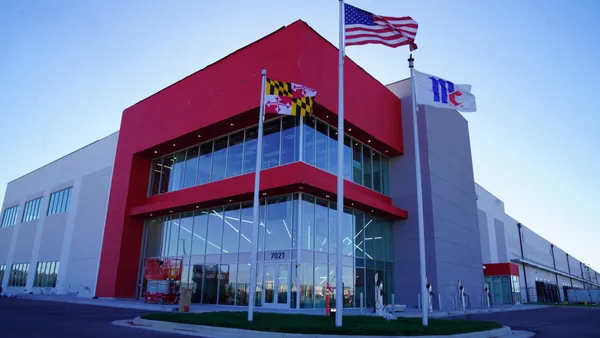During the COVID-19 pandemic, many banks have come to rely on technology to facilitate remote work and continue to accumulate deposits. At the same time, consumer banking preferences are shifting as Americans turn to digital channels to manage their bank accounts.
Hiring tech talent is one of the most pressing matters for banks and other financial institutions.
"Technology at JPMorgan Chase isn't an afterthought, it's a major priority," said Gill Haus, chief information officer of consumer and community banking at Chase, in an email to Banking Dive. "JPMorgan Chase invests over $12 billion annually in technology, with $4 billion of that budget dedicated exclusively for Chase. Chase employs roughly 12,000 technologists that build the technology needed to power our digital experiences, for our nearly 58 million digitally active customers."
As the banking world becomes intertwined with technology, another trend is unfolding. Recently, a mass exodus of workers has altered the landscape of the U.S. labor market, a phenomenon economists have termed "the Great Resignation."
The U.S. Bureau of Labor Statistics last month reported that 4.3 million Americans — accounting for 2.9% of the country's workforce — quit their jobs in April.
A recent report by Bain & Company found that, across several industries, labor demand is skyrocketing for workers with technical software skills. The number of U.S. job postings requiring expertise in software engineering, machine learning, data science and DevOps is climbing, the report found.
"Technologists have highly valued skills, and the competition to attract them is fierce across all industries," Haus said.
Hyperscalers, tech startups and nontech companies are gobbling up a large share of tech talent, the Bain report found.
In response, throughout the world of banking, legacy institutions like JPMorgan Chase are offering increased flexibility in a bid to retain workers.
"Since the start of the pandemic, we learned a lot about remote work, including onboarding new talent. Today, our technology team uses a hybrid model where technologists split their time between remote and in-office work," Haus said. "There are many benefits, especially from a learning, mentorship and collaboration perspective, that make this balanced approach work best for Chase's product, design and technology teams.
Competitors from Citi to Capital One have similarly instituted hybrid work policies.
Haus said JPMorgan Chase looks for candidates with software engineering experience and who demonstrate drive and a willingness to learn. That said, a four-year degree is not necessary to obtain a job at the company.
"With the pace of technology moving faster than ever, it's imperative that we continue to build out our technology recruitment pipelines — beyond traditional sources," he said. "This means attracting and retaining talent from universities and from nontraditional backgrounds."
To many, it appears the balance of power in the war for talent has tilted toward the employee side. Salaries in the banking industry are rising, and not only for those employees in traditional tech roles.
Morgan Stanley and Goldman Sachs have recently raised annual first-year pay to $110,000. As recently as July, Morgan Stanley first-years were taking home $85,000 a year. JPMorgan Chase, Citi, Barclays, Bank of America and Deutsche Bank have all bumped entry-level investment banker pay to $100,000.















